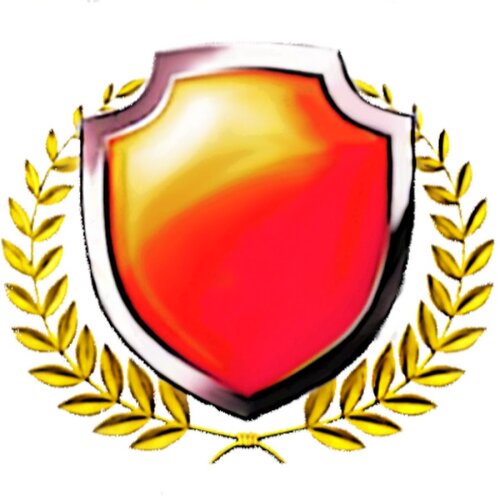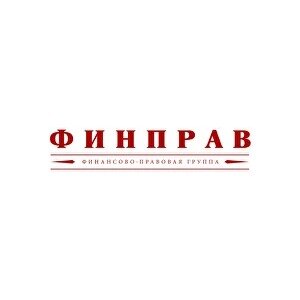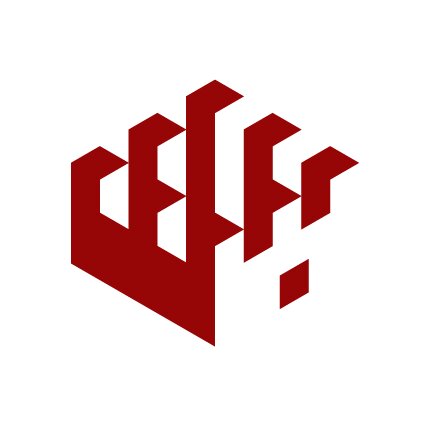Best Child Abuse Lawyers in Russia
Share your needs with us, get contacted by law firms.
Free. Takes 2 min.
Free Guide to Hiring a Family Lawyer
Or refine your search by selecting a city:
List of the best lawyers in Russia
About Child Abuse Law in Russia
Child abuse in Russia encompasses a wide range of offenses that harm a child's physical, emotional, and psychological well-being. This includes physical violence, emotional abuse, neglect, and exploitation. In recent years, Russia has taken significant steps to strengthen protections for children through legislation and public awareness campaigns. However, challenges remain in addressing all forms of child abuse effectively, ensuring the enforcement of laws, and providing support for victims.
Why You May Need a Lawyer
Legal guidance may be necessary in several situations related to child abuse in Russia. For instance, if you suspect that a child is being abused, a lawyer can help you understand your legal obligations and rights in reporting the abuse. If you are a victim or know a victim of child abuse, legal assistance is crucial in navigating the legal system, filing complaints, and seeking protection orders. Additionally, in cases of custody disputes in which accusations of child abuse arise, experienced legal counsel can play a critical role in advocating for the child's best interests.
Local Laws Overview
Russian law addresses child abuse under various legal codes, including the Family Code, the Criminal Code, and the Law on the Rights of the Child. Key aspects include stringent penalties for perpetrators of physical and sexual abuse, mandatory reporting laws for education and healthcare professionals, and the establishment of child protection services. The Russian Criminal Code classifies certain acts such as causing moderate to severe harm to a child's health as criminal offenses, with punishments ranging from fines to imprisonment. Furthermore, there are processes in place to remove a child from the abuser’s custody when necessary to ensure their safety.
Frequently Asked Questions
What constitutes child abuse under Russian law?
Child abuse includes physical violence, sexual abuse, emotional manipulation, exploitation, and neglect that harm the child's physical, emotional, or psychological well-being.
How do I report child abuse in Russia?
If you suspect child abuse, you should report it to the local authorities or social services. It's advisable to contact a lawyer to understand the process and ensure the child's safety is prioritized.
Are there legal penalties for failing to report suspected child abuse?
Yes, professionals like teachers and healthcare workers are legally obligated to report suspicions of abuse. Failure to do so can result in legal consequences.
What legal protections are available for victims of child abuse?
The law provides for protection orders, removal from the abusive environment, and access to psychological and legal assistance for victims of child abuse.
Can a parent accused of abuse lose custody of their child?
Yes, a parent can lose custody if found guilty of child abuse, as the child's safety and well-being are paramount in custody decisions.
What steps are taken when a child is removed from an abusive home?
The child may be placed under the care of social services or with a responsible relative while the legal process is underway to ensure their safety and well-being.
Is there a statute of limitations on reporting child abuse in Russia?
Yes, there are statutes of limitations, but they vary based on the severity of the crime. It's crucial to seek legal advice as soon as possible.
What is the role of the police in child abuse cases?
The police investigate accusations of child abuse, collect evidence, and work with social services to ensure the child's safety and the prosecution of offenders.
How are child abusers prosecuted in Russia?
Child abusers are prosecuted under the Russian Criminal Code, which includes provisions for various offenses, and penalties depend on the severity of the abuse.
Can foreign nationals access legal resources for child abuse in Russia?
Yes, foreign nationals can access legal resources and are entitled to protection under Russian law. It's advisable to work with a lawyer familiar with both international and Russian child protection laws.
Additional Resources
Numerous resources are available for those seeking help with child abuse issues in Russia. Key organizations and government bodies include:
- Ministry of Labor and Social Protection of the Russian Federation
- Child Protection Fund
- Commissioner for Children's Rights in Russia
- Local police and child protective services
- Non-governmental organizations specializing in child welfare and legal assistance
Next Steps
If you require legal assistance regarding child abuse in Russia, consider taking the following actions:
- Contact a lawyer experienced in Russian family and criminal law to discuss your situation in detail.
- Report suspected abuse to relevant authorities immediately to ensure the safety of the child.
- Gather any evidence or documentation related to the case, such as medical reports or witness statements, to aid in legal proceedings.
- Seek support from local organizations that specialize in child welfare for additional assistance and resources.
It's crucial to act promptly and work with experts to navigate the complexities of child abuse cases effectively and ensure a child's safety and well-being.
Lawzana helps you find the best lawyers and law firms in Russia through a curated and pre-screened list of qualified legal professionals. Our platform offers rankings and detailed profiles of attorneys and law firms, allowing you to compare based on practice areas, including Child Abuse, experience, and client feedback.
Each profile includes a description of the firm's areas of practice, client reviews, team members and partners, year of establishment, spoken languages, office locations, contact information, social media presence, and any published articles or resources. Most firms on our platform speak English and are experienced in both local and international legal matters.
Get a quote from top-rated law firms in Russia — quickly, securely, and without unnecessary hassle.
Disclaimer:
The information provided on this page is for general informational purposes only and does not constitute legal advice. While we strive to ensure the accuracy and relevance of the content, legal information may change over time, and interpretations of the law can vary. You should always consult with a qualified legal professional for advice specific to your situation.
We disclaim all liability for actions taken or not taken based on the content of this page. If you believe any information is incorrect or outdated, please contact us, and we will review and update it where appropriate.
Browse child abuse law firms by city in Russia
Refine your search by selecting a city.
















